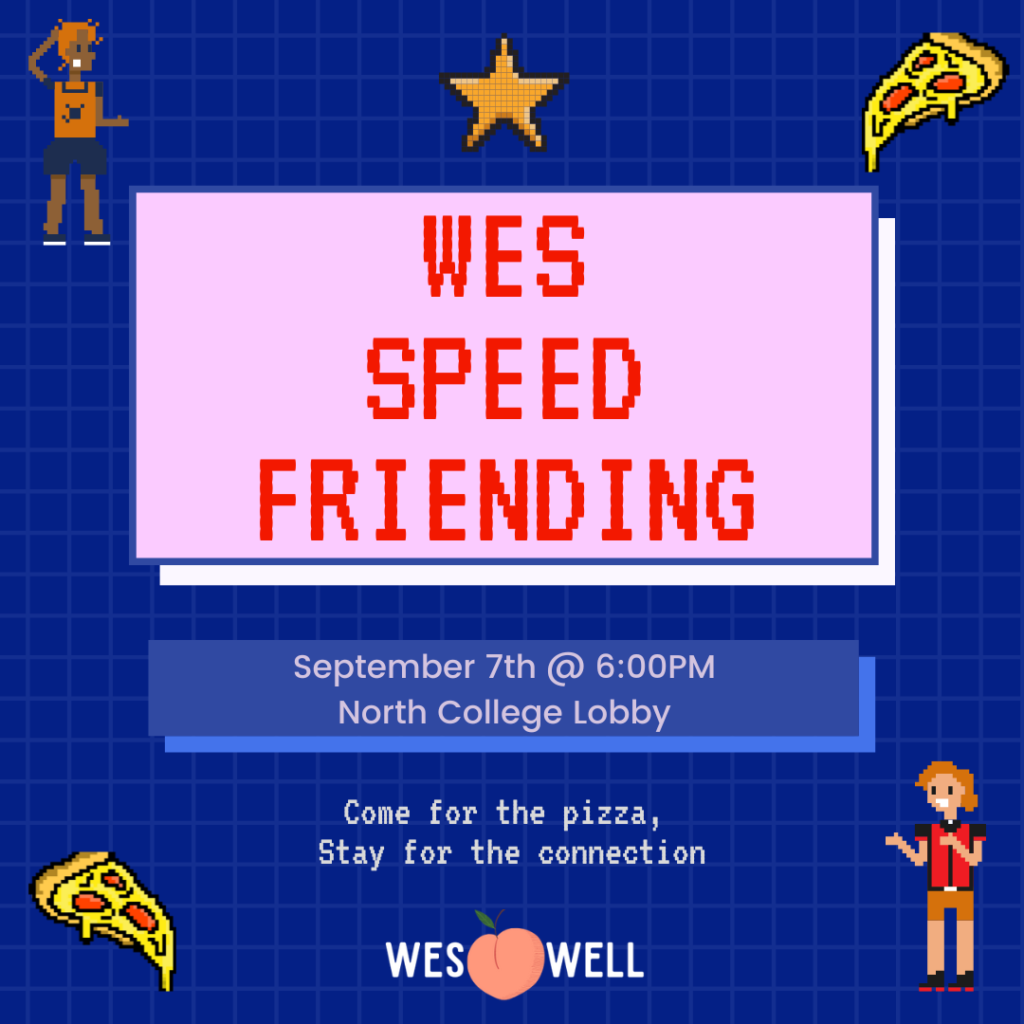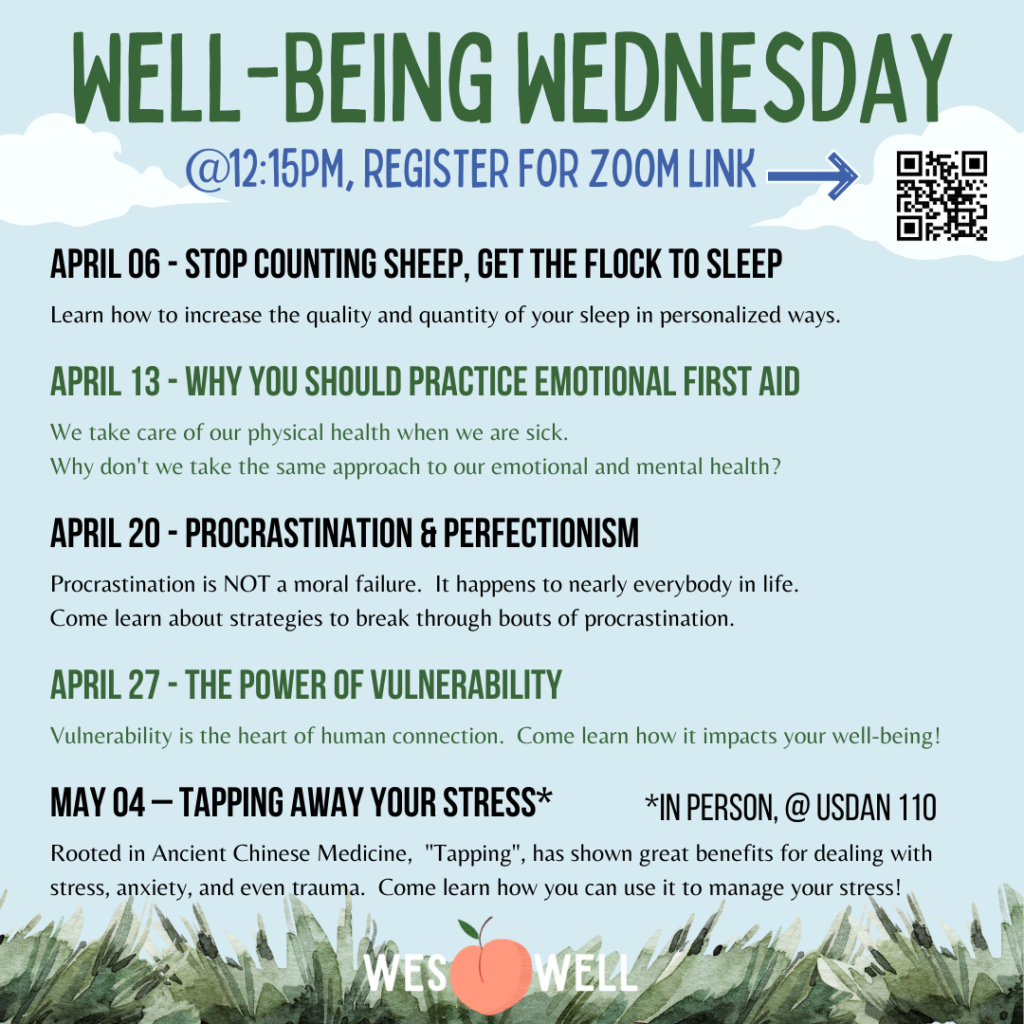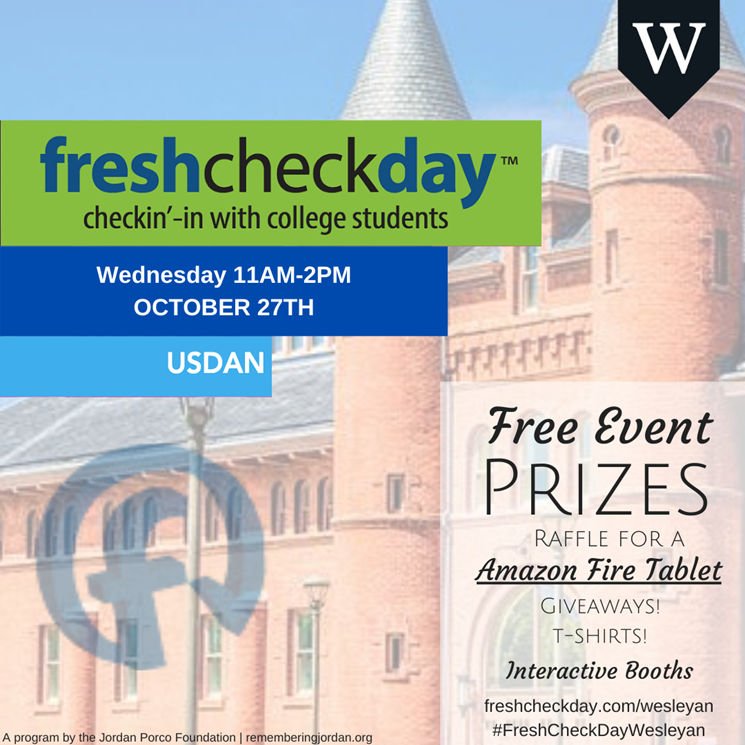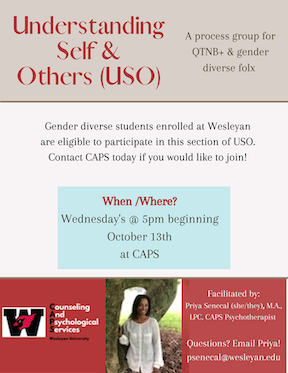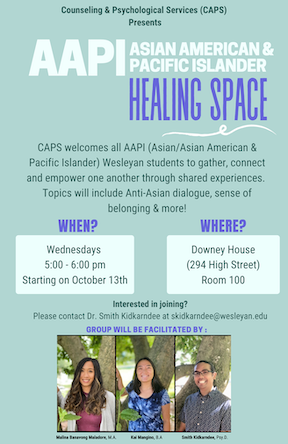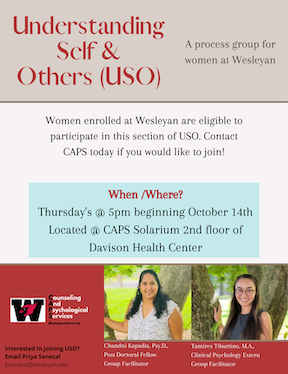Class of 2025 student athletes, it is unfathomable the hardships you have faced in the past year and half as you and your peers tried to pursue the sports that you love. While there is nothing that can be said to make up for lost moments, there are ways to use what you have learned as an athlete to prepare you for the academic rigor of Wesleyan.
Even as a student first, “athlete” remains a crucial part of your identity. The two go hand-in-hand in many ways. Below are some tips on how to best prepare for this upcoming semester with or without an official season impeding on your classes.
To start, time management is a big one. From the classroom to lifting back to the library then to practice and then a review session, your days can become very busy. Thus, it is essential that you find a way to best manage your time. Organization is a key factor of time management. It is so important that you implement some form of planner system or Google calendar to ensure that your classes do not overlap with practices or games.
From that last point, one of the go-to answers when asked by any coach of how to improve in a game is communication. This applies on and off the field. It is imperative that you establish a relationship with your professors early on so that it is easier to communicate for the very minimal times that athletes may interfere with academics. With that, communication with coaches is also part of your academic success and ensuring the prioritization of academics over athletics in special circumstances. Use your coach as a vehicle towards achieving academic as well as athletic success. In succession with the team as a resource, the use of older teammates in helping navigate the cohesion with your sport and classes is a key point of advice. They have experience with the structure of NESCAC athletics and the rigor of the Wesleyan education.
Lastly, success in any aspect of life is contingent upon proper preparation, which includes sufficient fuel and care of the body and mind. The life of a student-athlete is often go go go, which leaves little room for self reflection. It is ok to take a break and give yourself the downtime that you deserve. Ultimately, while you are labeled as a student-athlete on campus, these tips will help you to distinguish between or separate athletics and academics while also establishing a balance with both.
Checklist:
- Time management
- Organization (planner)
- Communication (on and off the field)
- Relationships with professors
- Plan ahead
- Use teammates as resources
- Use coaches as resources
- Separate/find balance with athletics and academics
- Take care of body and mind (fuel)
- Give yourself a break and down time
